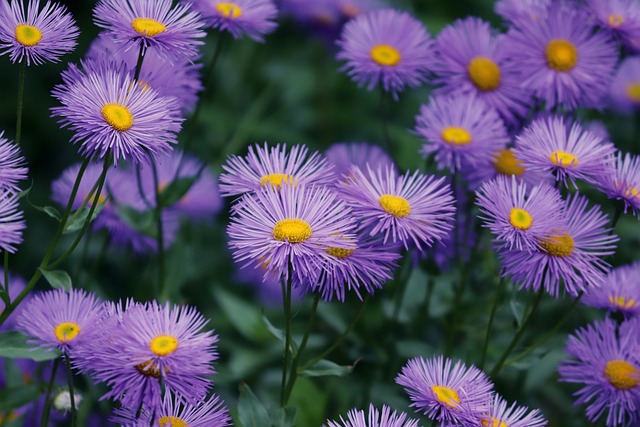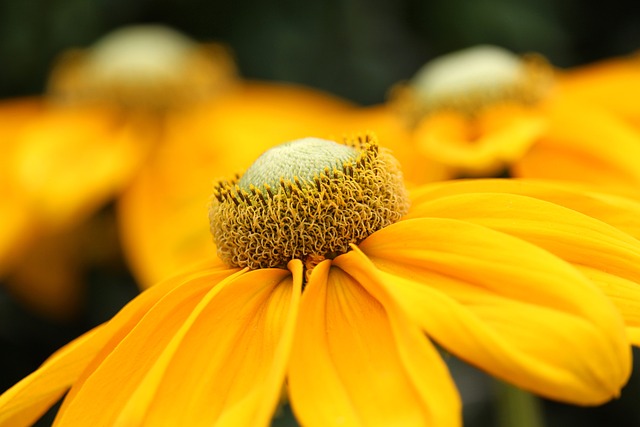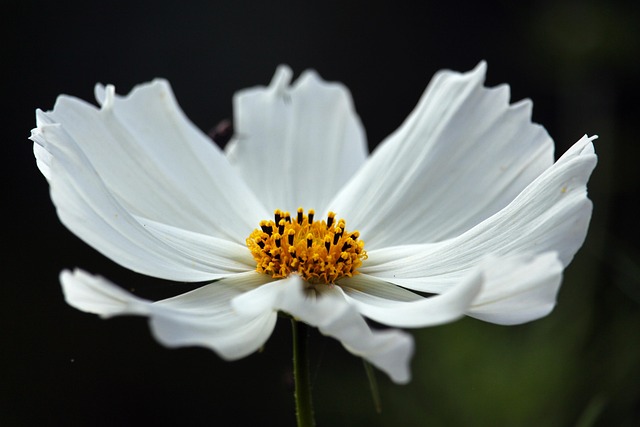Gardeners should follow a year-round maintenance plan, focusing on spring preparation (assessing damage, fertilizing, and pruning), summer watering and mulching, fall cleanup (removing leaves, weeds, and dead plant matter), and winter protection (covering plants from frost, pruning, and applying fertilizers). Seasonal practices like proper pruning, fertilizing, and mulching ensure a vibrant, healthy garden throughout all seasons. Keyword focus: seasonal garden maintenance, spring preparation, summer watering tips, fall cleanup strategies, winter protection, pruning, fertilizing schedules, seasonal pest control, mulching.
Combating pests and weeds is an ongoing task that requires strategic seasonal garden maintenance. This guide navigates the vital practices for each season: from spring’s nurturing preparation to summer watering tips, fall cleanup strategies, and winter protection measures. Learn about fertilizing schedules by season, effective pest control methods tailored to each phase, and mulching techniques for optimal plant health year-round.
- Spring Garden Preparation: Nurturing a Healthy Start
- Summer Watering Tips: Ensuring Plant Thrive
- Fall Cleanup Strategies: Preparing for Winter
- Winter Garden Protection and Pruning: Safeguarding Your Plants
Spring Garden Preparation: Nurturing a Healthy Start

Spring marks a crucial time for gardeners, as it’s the perfect season to prepare and nurture your garden for the year ahead. A well-planned spring garden preparation lays the foundation for a vibrant and healthy landscape throughout the seasons. Start by assessing any winter damage and removing dead plant material. Then, focus on fertilizing to boost nutrient levels in the soil, ensuring your plants have the best possible start. Pruning is essential during this period too; cut back perennials and remove any damaged or diseased branches from trees and shrubs.
As the garden begins to flourish with warmer temperatures, summer watering tips come into play. Ensure your plants receive adequate hydration, especially newly planted ones. Mulching around plants can help retain moisture and suppress weeds, reducing the need for frequent watering. Moving into fall, cleanup strategies become vital for pest control; remove any fallen leaves and debris to prevent pests from overwintering in your garden. Protect your winter garden by covering sensitive plants with blankets or blankets designed for this purpose to safeguard them from frost damage.
Summer Watering Tips: Ensuring Plant Thrive

During the summer months, proper watering becomes even more crucial as plants thrive and grow rapidly. One of the key summer watering tips is to ensure deep but infrequent watering. This encourages deep root growth, making plants stronger and less susceptible to drought stress. Early morning or late evening are the best times to water, avoiding the hottest parts of the day when evaporation rates are high. Creating a consistent watering schedule also helps; setting up an automated system can be beneficial for maintaining a healthy garden throughout the season.
In addition to watering, regular pruning and fertilizing are essential parts of seasonal garden maintenance. Pruning removes dead or diseased branches, fostering new growth. Fertilizing schedules should align with each season—for instance, using slow-release fertilizers in spring and summer to support active growth, and switching to a balanced formula in fall as plants prepare for winter dormancy. Fall cleanup strategies, including removing dead plant matter and mulching, protect the garden from pests and help suppress weeds during the transition to winter, while winter garden protection involves covering vulnerable plants and using protective coatings on trees and shrubs.
Fall Cleanup Strategies: Preparing for Winter

As fall sets in, it’s crucial to implement effective fall cleanup strategies to prepare your garden for winter. This involves a series of steps designed to protect plants and prevent pest infestations during the colder months. Start by removing dead plant matter and debris, as these can harbor pests and diseases. Prune seasonal plants, ensuring proper cutting techniques to promote healthy regrowth in spring. Next, apply mulch to insulate the soil and regulate moisture levels, mitigating winter damage. Consider fertilizing schedules tailored for this season to ensure plants have necessary nutrients for resilience.
In terms of pest control, fall is an ideal time to address issues like aphids and spider mites before they hibernate or move indoors. Use eco-friendly methods, such as neem oil or soap-based insecticides, to manage these pests naturally. Additionally, maintain adequate water during summer and early fall, as deep watering helps strengthen plants against winter stress. These steps, combined with regular monitoring, will contribute to a healthier garden come spring, setting the stage for another successful growing season.
Winter Garden Protection and Pruning: Safeguarding Your Plants

Winter is a crucial time for garden maintenance, focusing on protection and pruning to safeguard plants from harsh conditions. One essential step is ensuring proper winterization, especially for delicate flora. This involves cleaning up dead foliage and debris, which not only improves aesthetics but also reduces pest habitats. Additionally, applying mulch acts as an insulating layer, protecting roots from freezing temperatures and preserving moisture.
Pruning is another vital aspect of seasonal plant care. It encourages healthy growth in the spring by removing damaged or diseased branches. Timing is key; pruning should be done before new growth begins to prevent any unnecessary stress on the plants. Fertilizing schedules also vary with the seasons; winter is an ideal time for applying slow-release fertilizers to promote strong roots and vibrant blooms come spring. These practices ensure your garden thrives, regardless of the season.
Maintaining a healthy and vibrant garden throughout the year requires attentive care during each season. By implementing strategic spring garden preparation, efficient summer watering practices, thorough fall cleanup, and effective winter protection and pruning, you can safeguard your plants’ well-being. Remember to adapt fertilizing schedules and employ seasonal pest control methods for optimal results. Incorporating mulching techniques further ensures plants thrive during transitions, fostering a lush and sustainable garden environment.
